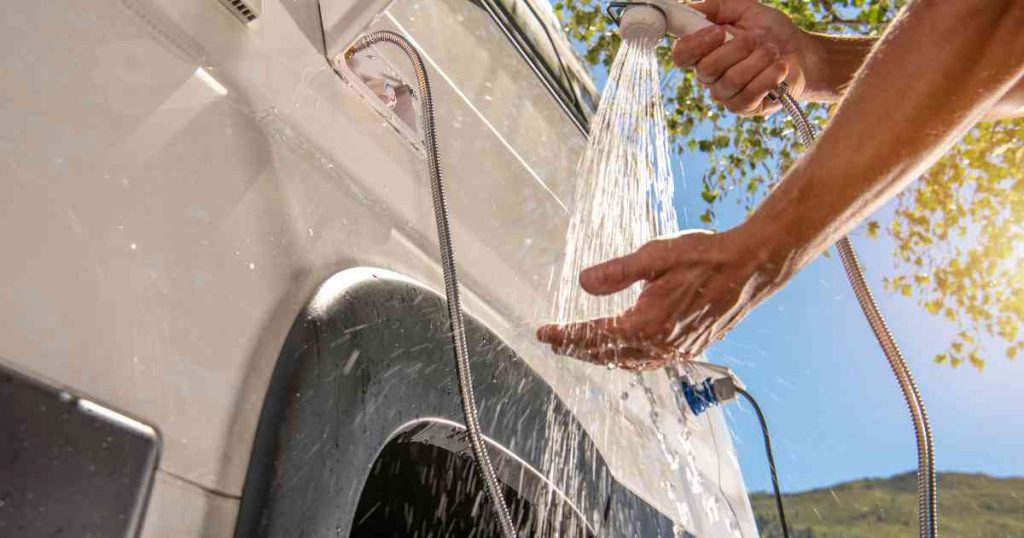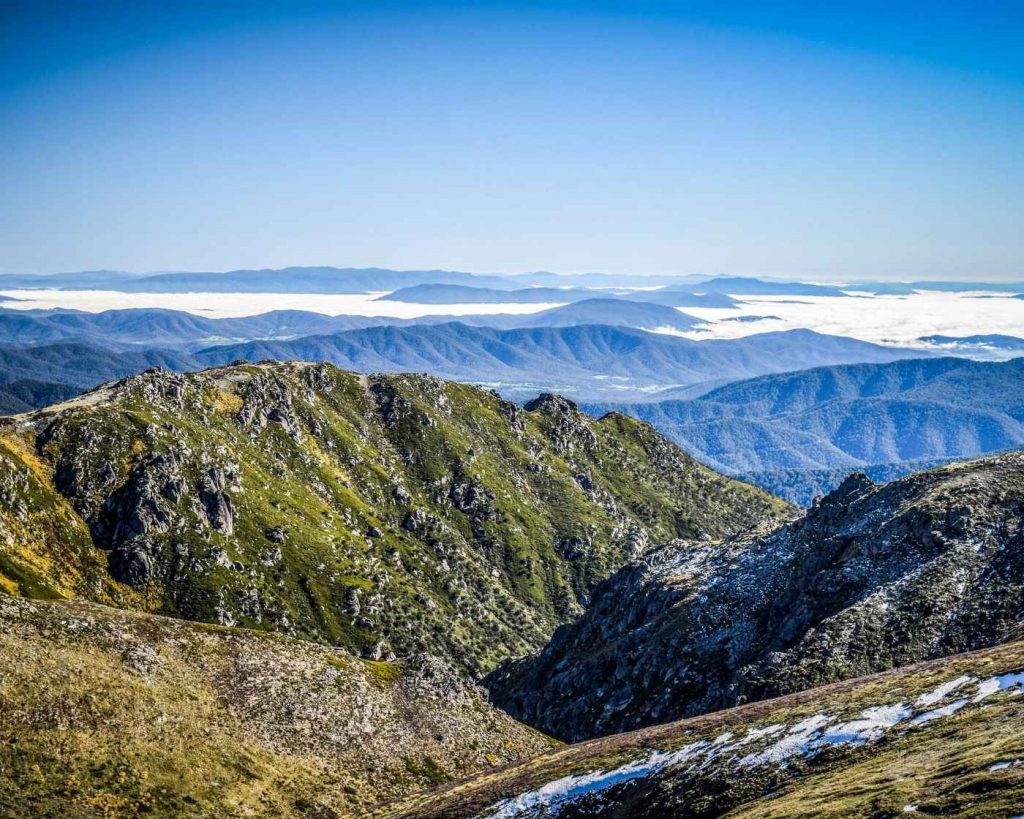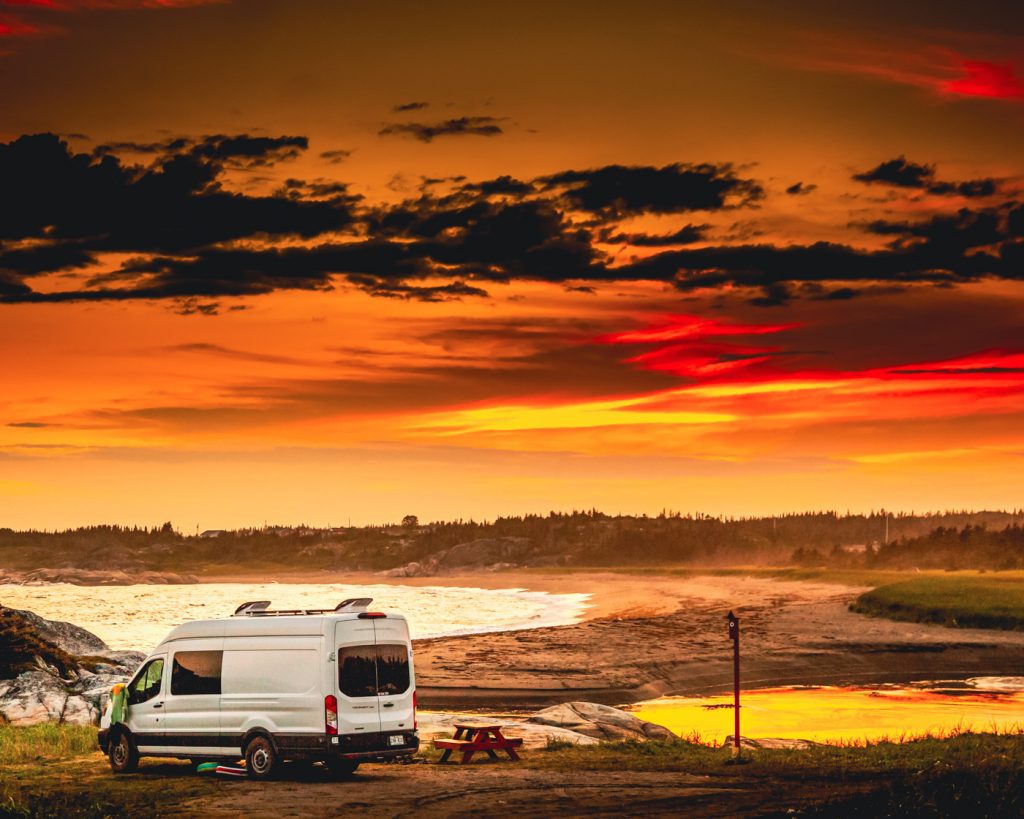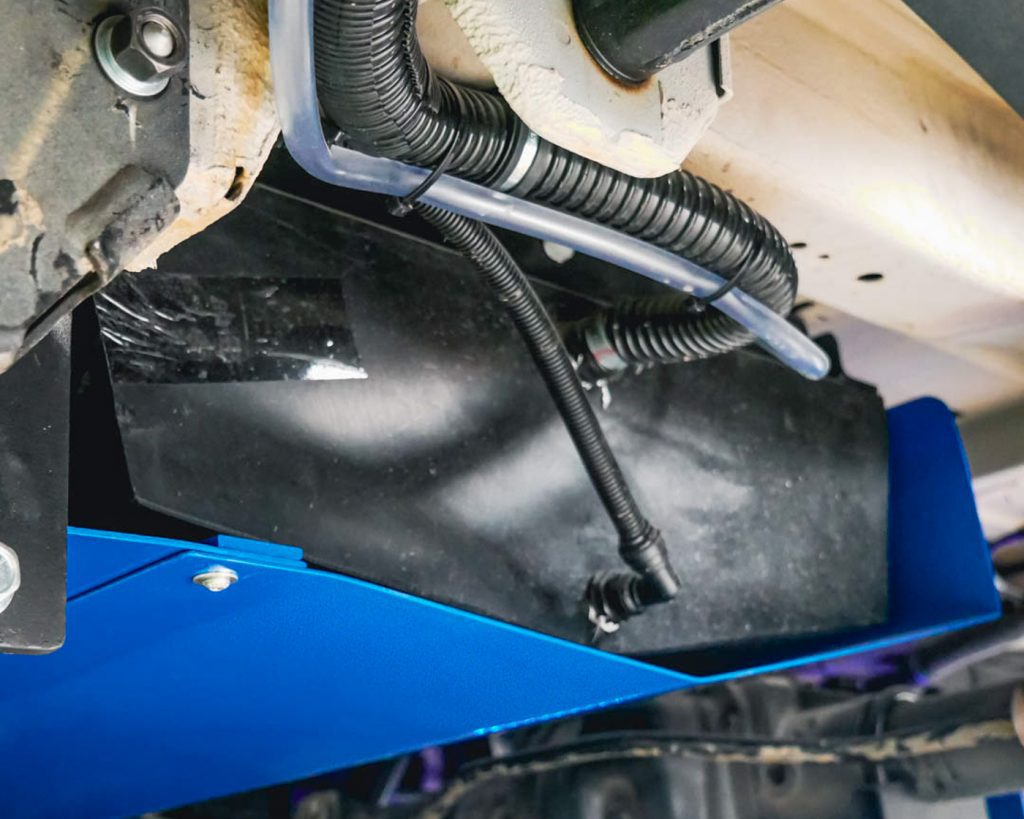Embarking on a caravanning journey through Australia’s stunning national parks is an incredible way to connect with nature. To ensure these natural wonders remain pristine for future generations, it’s important to practice eco-friendly habits. Here are some sustainable tips for adventures in Australia’s scenic parks:
Plan Ahead for Minimal Impact
Research Regulations: Familiarise yourself with the rules and guidelines of the national parks you plan to visit. Each park may have specific regulations regarding waste disposal, camping spots, and permitted activities.
Reduce Waste
Proper Disposal: Ensure responsible waste disposal by separating recyclables, compostables, and general waste. Many parks lack sufficient bins, so be prepared to take your rubbish with you. This highlights the importance of waste minimisation.
Reusable Containers: Opt for reusable containers for food storage instead of single-use plastics. This approach not only reduces waste but also keeps your meals fresh.
Bulk Shopping: Purchase groceries in bulk to minimise packaging waste. Seek out stores that provide bulk bins or visit farmers’ markets for a more sustainable option.
Water Planning
Efficient Water Use: Use water-saving fixtures like low-flow showerheads and taps in your caravan. Turn off taps when not in use and take shorter showers.
Bring Enough Water: When heading into a national park, remember that water sources may be scarce. Bringing at least 2 litres of water per person per day for hydration and cooking is crucial. Plan accordingly to ensure you have enough for your stay.
Collect Rainwater: If you are planning a longer-term stay, consider setting up a system to collect rainwater or identifying where to get water for non-drinking purposes, such as washing dishes or cleaning. Some parks have taps, and others may have accessible creeks or streams.
Manage Waste Water: To remain self-contained, it’s also important to collect grey and black water. This practice helps minimise your environmental impact and ensures you do not pollute the park’s natural resources. Consider setting up a system for proper waste management to enjoy your adventure responsibly.

Energy Efficiency
Solar Power: Consider installing solar panels on your caravan to harness renewable energy. This will reduce your reliance on fossil fuels and lower your carbon footprint. If your caravan is often in shaded areas, think about using solar blankets. These are portable and can be laid out in sunny spots to capture solar energy even when your caravan is not fully exposed to the sun.
LED Lighting: Use LED lights instead of traditional bulbs. They consume less power and have a longer lifespan.
Leave No Trace
Pack In, Pack Out: Whatever you bring into the park, take it out with you. Leave no trash or belongings behind.
Respect Wildlife: Observe wildlife from a distance and avoid feeding them. Human food can be harmful to animals and disrupt their natural behaviour.
Sustainable Transportation
Eco-Friendly Vehicles: For your travels, choose a fuel-efficient or hybrid motorhome. Ensure regular maintenance to keep your vehicle running at peak efficiency.
Limit Driving: Plan longer stays at fewer locations to minimise driving within national parks. This reduces fuel consumption and pollution and allows you to explore each area fully.
Finding Accessible National Parks: Before heading out, research national parks to see if they are accessible for motorhomes or caravans. Websites like the National Park Service provide detailed information on vehicle size limits and road conditions.
Alternative Camping Sites: If the park’s official campgrounds are too restrictive for your rig, look for nearby alternative camping sites. Apps like Campendium or AllStays can help you discover RV-friendly campgrounds and boondocking spots close to your desired national park, ensuring you have a comfortable and accessible place to stay.
Support Local Communities
Local Produce: Purchase local produce and products to support communities near the parks. This reduces the carbon footprint associated with transporting goods.
Cultural Respect: Respect the cultural heritage of the areas you visit, especially Indigenous lands. Learn about and honour local customs and traditions.
Eco-Friendly Camping Gear
Sustainable Materials: Choose camping gear from sustainable materials like bamboo, recycled plastics, or organic cotton.
Mindful Fires: To prevent wildfires, use portable stoves or designated fire pits instead of building open fires. Always adhere to fire safety regulations.
Educate and Advocate
Visit Information Centres: Before heading out, stop by local information centres to ensure your planned camping spots and hiking trails are open and suitable for your vehicle. You’ll also gather vital and interesting knowledge about the area.
Share Knowledge: Educate fellow travellers about the importance of eco-friendly practices. Lead by example and share tips for sustainable caravanning.
Advocate for Conservation: Support conservation initiatives and advocate for policies that protect national parks and promote sustainability.
Stick to Marked Trails and Picnic Areas
Preserve Ecosystems: Stay on marked trails and designated picnic areas to protect delicate ecosystems. Venturing off-trail can damage vegetation and disturb wildlife habitats.
Safety: Sticking to marked areas ensures your safety by preventing you from getting lost and minimising encounters with potentially dangerous wildlife.
Conclusion
Embracing eco-friendly practices while exploring our natural parks is essential for preserving their beauty and integrity for future generations. We can ensure that our adventures have minimal environmental impact by implementing sustainable habits, such as reducing waste, conserving water and energy, supporting local communities, and respecting wildlife. Each small action contributes to the broader conservation goal, allowing us to enjoy these awe-inspiring landscapes responsibly and ethically.
Key Takeaways
- Adopt Waste Minimisation Practices: Use reusable containers, recycle properly, and take your rubbish home to maintain park cleanliness.
- Manage Water Consumption Wisely: Bring adequate supplies, use water-saving fixtures, and set up systems for collecting rainwater.
- Embrace Renewable Energy: Use solar panels and LED lighting to reduce energy consumption during travel.
- Foster Respect for Nature: Stick to marked trails, respect wildlife, and support local communities by purchasing local products.
- Educate and Advocate: Share knowledge about sustainable practices with fellow travellers and support initiatives that protect natural habitats.



